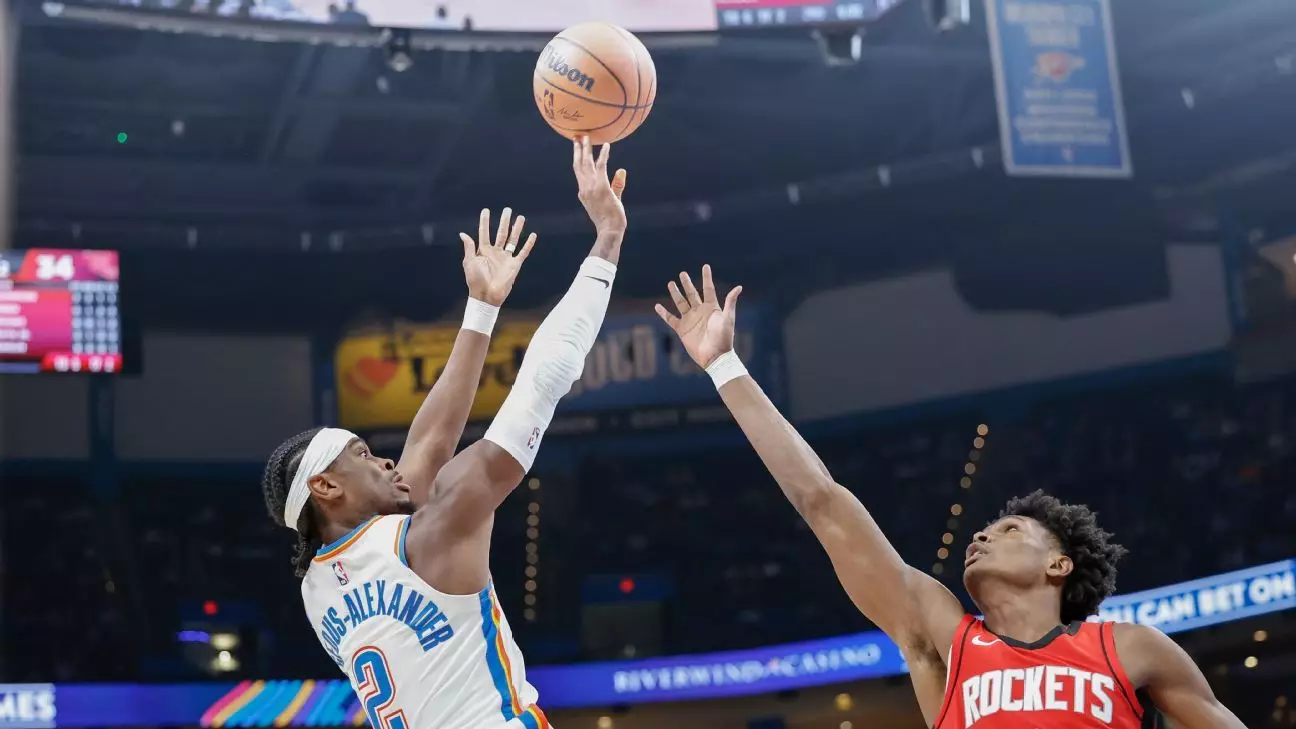Analyzing early NBA betting odds reveals more than just potential winners; it exposes the inherent biases and assumptions that shape expert opinions. Many of these predictions are influenced by narratives—be it LeBron James’ quest for another title, Luka Doncic’s rising stardom, or Victor Wembanyama’s transformative impact on the Spurs. While these stories add excitement, they also risk overshadowing objective analysis. For instance, the excitement around the Lakers’ potential leap and the Warriors’ recent resurgence might lead to overconfidence in their opening night performances. Recognizing these biases is crucial for bettors who aim to make informed, strategic decisions rather than chasing popular narratives.
Furthermore, the tendency to favor familiar teams or star players can distort true odds. The Lakers are favored over the Warriors partly due to their recent playoff disappointments and perceived improved health, but injuries and team chemistry can shift dynamics unpredictably. The same applies to the Raptors or Knicks — long-term narratives and recent history influence odds, but early-season performance can defy expectations. Bettors must critically evaluate whether these optimistically projected stories have solid statistical backing or are simply fueled by hype.
Assessing the Underlying Factors Behind Early Odds
While expert predictions tend to highlight specific matchups as standout opportunities, understanding the logic requires digging deeper into underlying factors. The Lakers’ perceived dominance hinges on their projected healthy roster, particularly LeBron and Luka Doncic, working synergistically. However, the true effectiveness of their combination remains untested in a competitive setting. The Lakers’ frontcourt issues after trading Anthony Davis could become a significant vulnerability later in the season, but early optimism appears to downplay this potential weakness.
Similarly, Houston’s underdog status against Oklahoma City is rooted in emotion—a ring ceremony and Durant’s return to his former team create a narrative of inspiration. However, the Rockets’ recent roster rebuild, featuring a blend of budding stars and proven veterans, signals a team with offensive firepower capable of exploiting any complacency. Yet, as history shows, underestimating a favorite during season openers can prove costly. Champions are often vulnerable at the start—fatigue, rust, or overconfidence can tilt momentum unexpectedly.
The Spurs’ prediction to cover against the Thunder is based on Wembanyama’s transformative impact and roster depth. While these are promising indicators, it’s essential to consider how youth and experimental lineups may perform under real pressure. Early predictions often assume that talent translates directly to success, but chemistry, coaching adjustments, and game-day execution are unpredictable factors that could challenge these assumptions.
Questioning the Significance of Recent History in Line Setting
One of the most intriguing elements in these early odds is the line for the Cavaliers versus the Knicks. The fact that Cleveland is favored despite losing no significant players and having dominated their matchups last season suggests a strong belief in their continuity and dominance. However, this can also reflect a mispricing derived from historical results rather than current form. Betting experts tend to double down on past results to forecast future outcomes, but the dynamic nature of team development and external factors such as player motivation or coaching strategies can defy these historical trends.
The line on the Spurs (+9.5) also seems aggressive, considering Wembanyama’s potential to influence the game dramatically. Yet, betting against a team with emerging talent can be risky if one overlooks the importance of experience and game tempo. The early season is an unpredictable landscape where overconfidence in a young team’s potential may lead to missed betting opportunities if not duly cautious.
The Risk of Overconfidence and the Wisdom of Skepticism
Opting for these predictions without critical scrutiny could lead to overconfidence. Betting on the Lakers or Cavaliers based solely on perceived talent or recent results ignores the volatile nature of early-season games. Injuries, team chemistry, coaching strategies, and even game-day conditions can dramatically alter expectations.
In the end, the most successful gamblers will approach these so-called “sure bets” with skepticism and a nuanced understanding of both statistical data and the unpredictable storytelling that sports inherently embody. While expert opinions serve as valuable guides, they must be tempered with independent analysis, awareness of biases, and an appreciation for the chaos that makes basketball so compelling.
By critically evaluating early odds—not just accepting them at face value—bettors can uncover genuine value and avoid falling victim to narrative-driven pitfalls. Knowledge, skepticism, and a willingness to challenge popular opinions are the true keys to turning early season predictions into winning bets.

